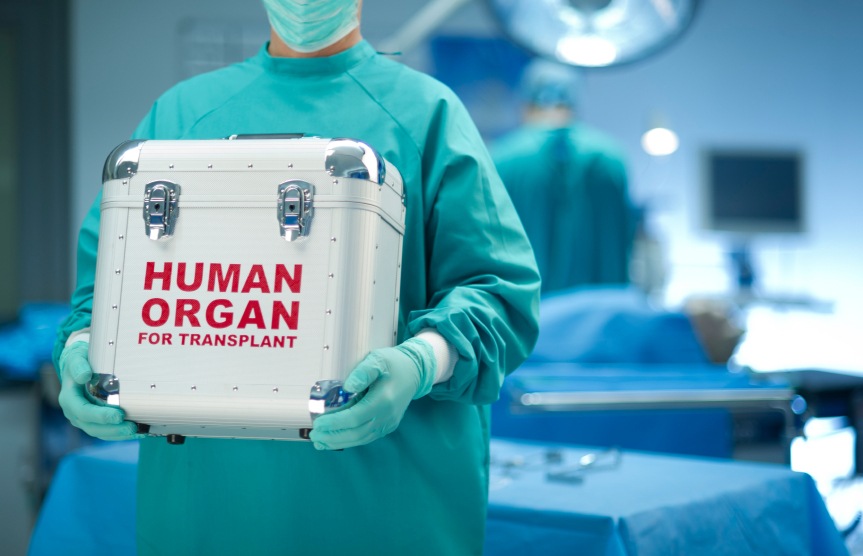When can you affirm that someone is dead? Behind the apparent simplicity of this question lies a fundamental ethical concern about organ donation. There is in fact considerable disagreement about the criteria that we should use to assess whether someone is dead.
The standard criterion for several decades has been the “brain death” criterion, according to which a patient can be pronounced dead once “whole brain death” has occurred.
Whole brain death refers to the comprehensive and irreversible cessation of brain function, typically caused by trauma, anoxia or tumour.
Yet transplant surgeons have in recent years employed a different, more ethically contentious definition of death, the so-called “circulatory criterion for death”. “Circulatory death” refers to the permanent cessation of cardiopulmonary function, after which point brain tissue quickly begins to deteriorate (if it hasn’t already).
According to proponents of the circulatory criterion, a patient’s heart will never spontaneously restart after two or so minutes of lack of pulse. As such, it is seen as ethically permissible to begin organ procurement once this short time period has elapsed.
(There are in practice different time periods specified by healthcare regulators for when organ procurement can begin, typically between seventy-five seconds and five minutes.
Yet several scholars have criticised the cardiopulmonary definition of death, arguing that the impossibility of autoresuscitation does not necessarily indicate that death has occurred. Critics point out that CPR could still restart a person’s heart even when autoresuscitation has become an impossibility.
The bioethicist Robert Veatch, of the Kennedy Institute for Ethics, recently took this position, stressing the irrelevance of the notion of self-resuscitation. He recommends waiting for physiological irreversibility and states that “death should be pronounced whenever it is physiologically impossible to restore brain function”
BioEdge, Xavier Symons (05/05/2018)

